From astronauts to programmers and medical researchers fighting the COVID-19 pandemic, these women are pushing boundaries in STEM.


From astronauts to programmers and medical researchers fighting the COVID-19 pandemic, these women are pushing boundaries in STEM.
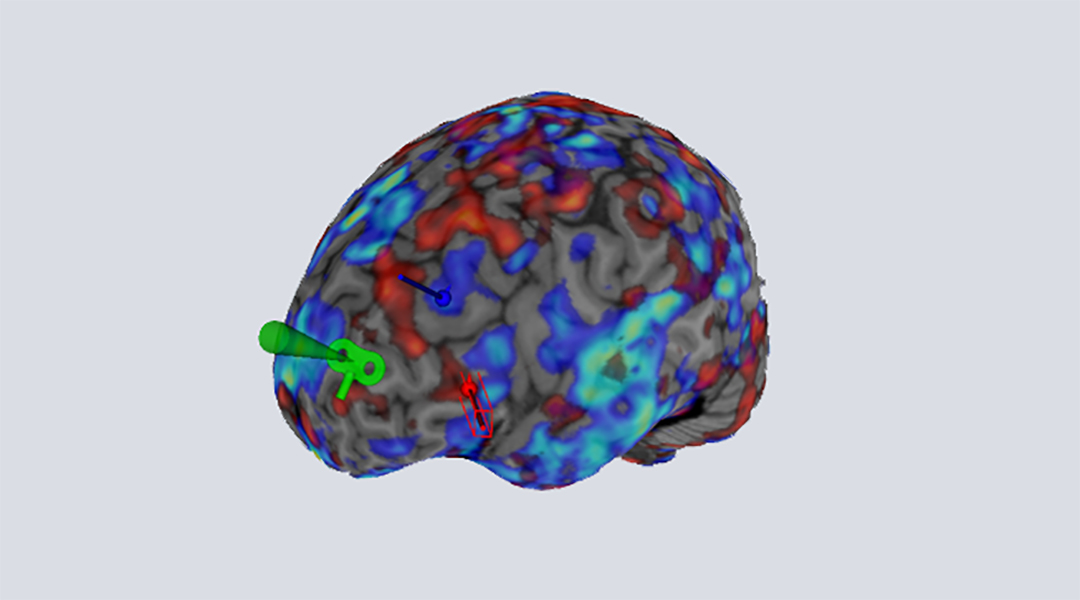
Taking advantage of progress made in neuroimaging, researchers hope that personalized treatments for mental disorders using brain stimulation therapies will be the way forward.
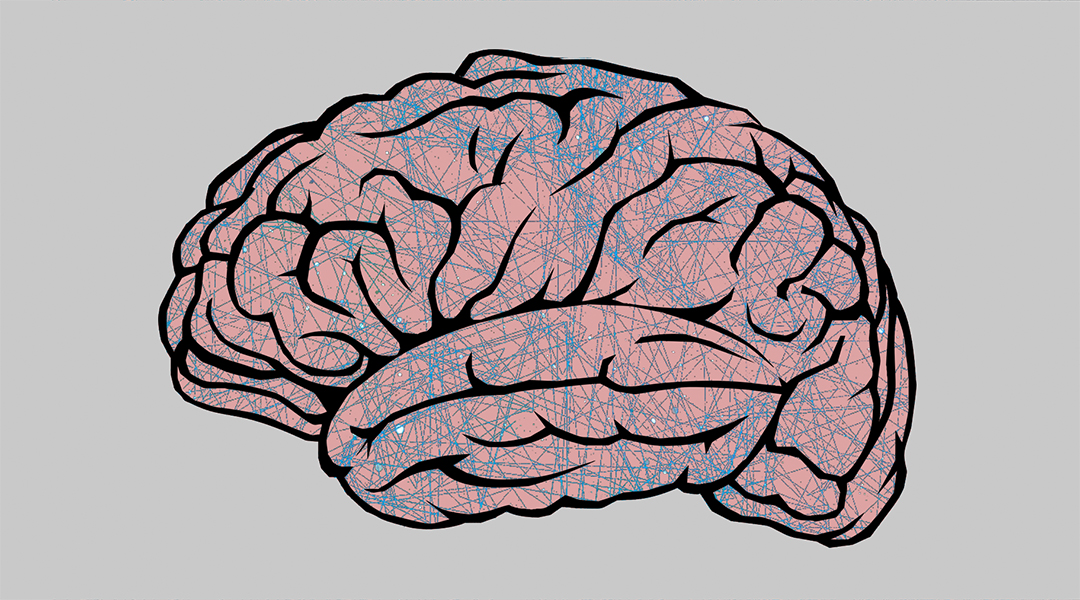
An intelligent material that learns by physically changing itself, similar to how the human brain works, could be the foundation of a completely new generation of computers.

The unconventional chemist talks innovations in material science, putting science to work to help solve societal problems, and how to see the best in everything.
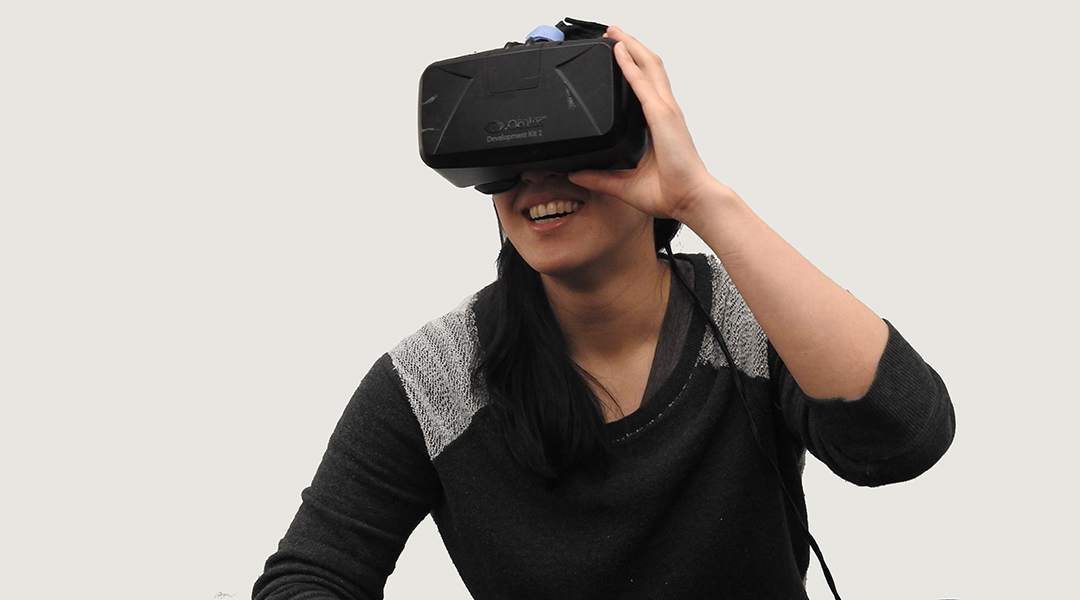
AI gaming technology will appear in the classroom in the near future, perhaps making it more accessible and lowering the cost of education for so many that need it.

Researchers publish an up-to-date and easy-to-access platform with a global scope.

The global COVID-19 pandemic has changed the way in which we teach, but it doesn’t have to be all bad.
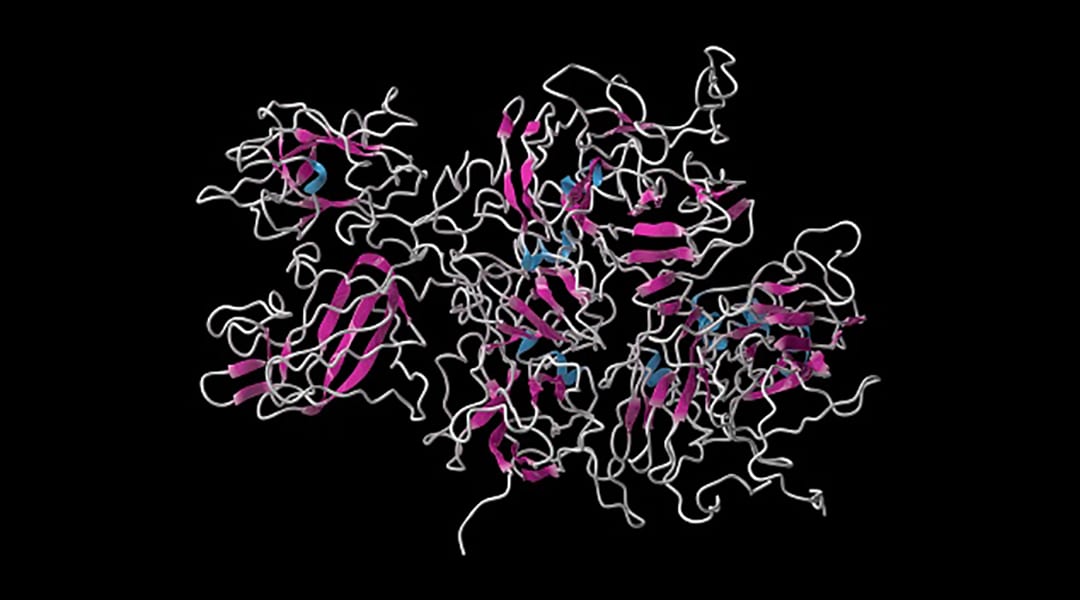
Using their deep-learning program, AlphaFold, researchers predict the 3D structure of proteins using only their linear amino acid sequence, revolutionizing computational biology as we know it.

Developments in pathogen-detecting materials could provide an easy means of detecting viruses within public places.
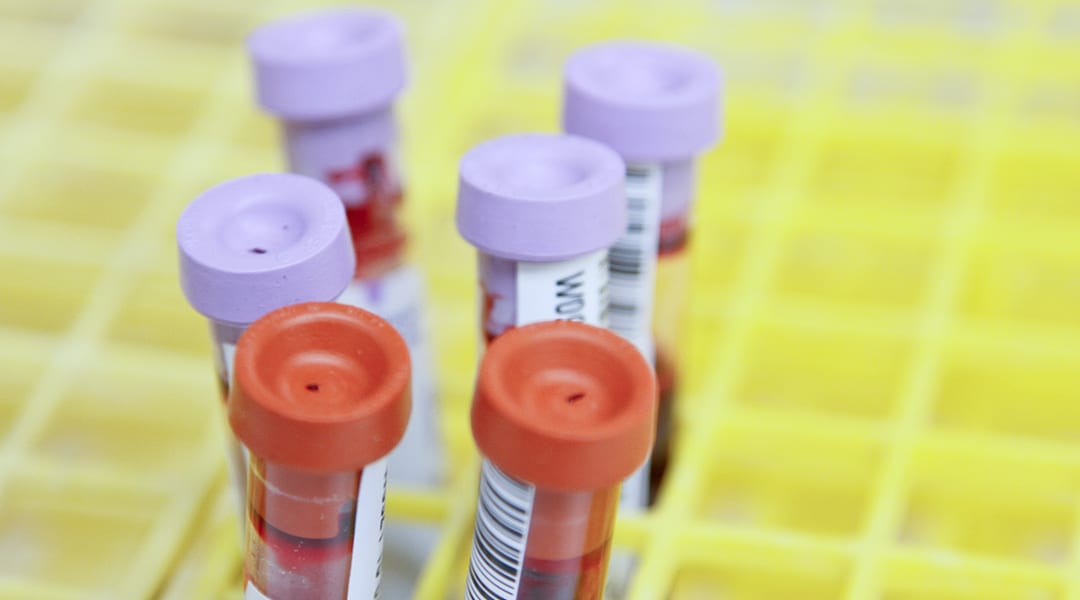
A sensitive blood test for the early diagnosis of Alzheimer’s disease could be possible with nanoparticle arrays.